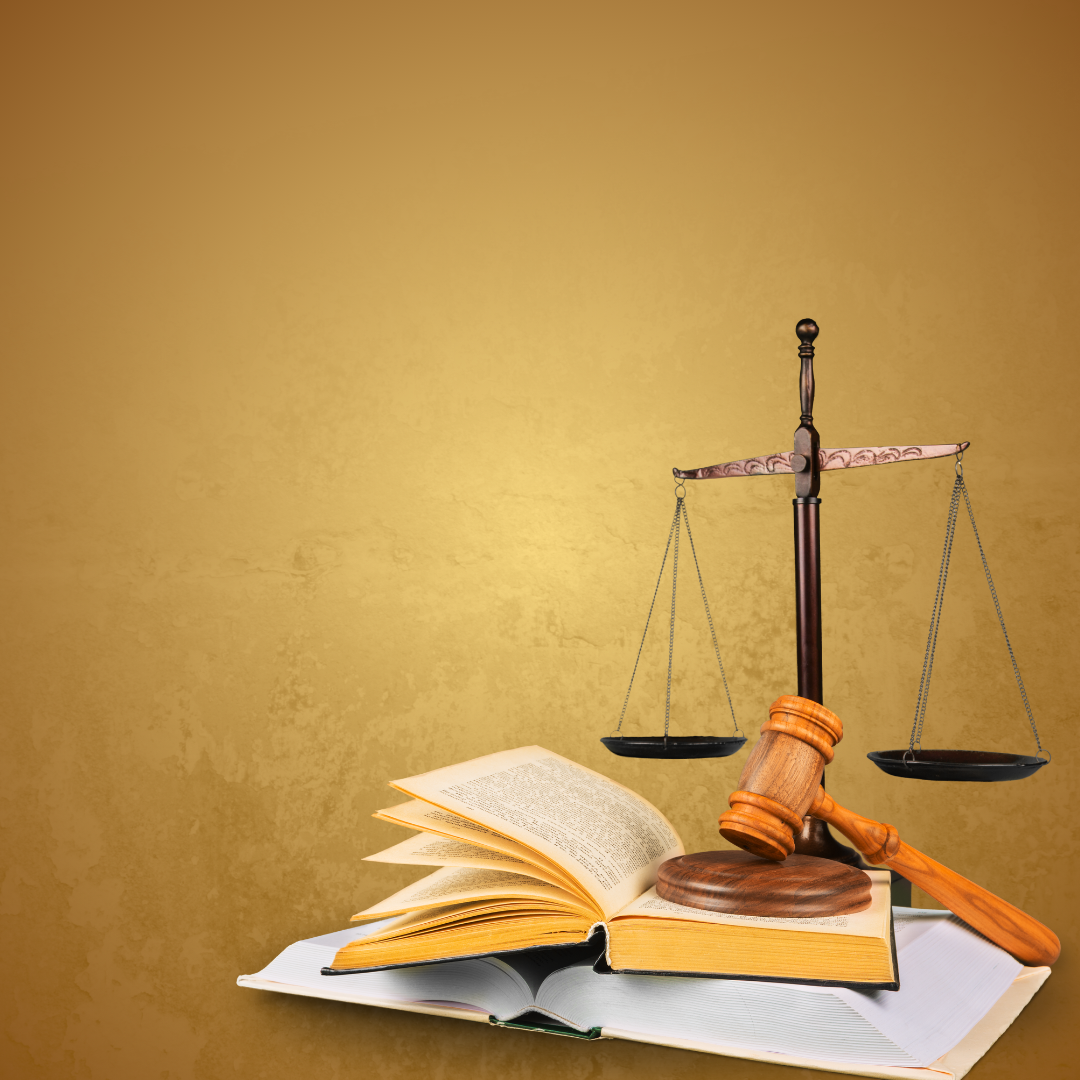Creating a will might not be at the top of your to-do list, but it’s one of the most important steps you can take to protect your loved ones and ensure your wishes are honored. A will is more than just a legal document; it’s a way to leave behind clear instructions on how you want your assets to be distributed, who should care for your dependents, and how your final arrangements should be handled. In this post, we’ll explore why having a will is crucial and how you can start the process of drafting one.
Why You Need a Will
A will is essential for several reasons. First and foremost, it provides peace of mind. Knowing that your assets will be distributed according to your wishes can be a great relief, both for you and your loved ones. Without a will, your estate may be subject to intestacy laws, which means that the state will decide how your assets are divided. This process, known as probate, can be lengthy and costly and may result in your assets being distributed in ways you wouldn’t have chosen.
Another key reason to have a will is to ensure that any minor children are cared for by someone you trust. In your will, you can appoint a guardian for your children, making sure they are raised by someone who shares your values and parenting style. Without a will, the court will decide who becomes your children’s guardian, which may not align with your preferences.
Finally, a will allows you to make specific bequests to individuals or charities. Whether it’s a family heirloom, a piece of property, or a sum of money, you can decide exactly who receives what. This level of control is not possible without a will, and it can help prevent disputes among your heirs.
How to Get Started with Will Drafting
Drafting a will may seem daunting, but it doesn’t have to be. Here’s a simple guide to help you begin:
- Inventory Your Assets: Start by listing everything you own, including property, bank accounts, investments, and personal belongings. This will give you a clear picture of what you have and help you decide how to distribute it.
- Choose Your Beneficiaries: Decide who you want to inherit your assets. This could be family members, friends, or even charities. Be specific about what each beneficiary will receive.
- Appoint an Executor: The executor is responsible for carrying out your wishes as outlined in your will. Choose someone you trust who is organized and capable of handling this responsibility.
- Consider Guardianship: If you have minor children, appoint a guardian in your will. This is one of the most important decisions you’ll make, so take the time to choose someone who aligns with your parenting values.
- Consult a Lawyer: While it’s possible to draft a will on your own, consulting a lawyer can ensure that your will is legally valid and covers all necessary details. They can also help you navigate any complex situations, such as blended families or large estates.
- Sign and Store Your Will: Once your will is drafted, sign it in front of witnesses to make it legally binding. Then, store it in a safe place, such as a safe deposit box, and let your executor know where to find it.
Conclusion
Creating a will is a vital part of estate planning that shouldn’t be overlooked. It offers peace of mind, ensures your wishes are followed, and protects your loved ones from potential legal complications. By taking the time to draft a will, you’re taking a crucial step in securing your legacy and providing for the future. If you’re ready to get started, consider reaching out to a legal professional to guide you through the process.




